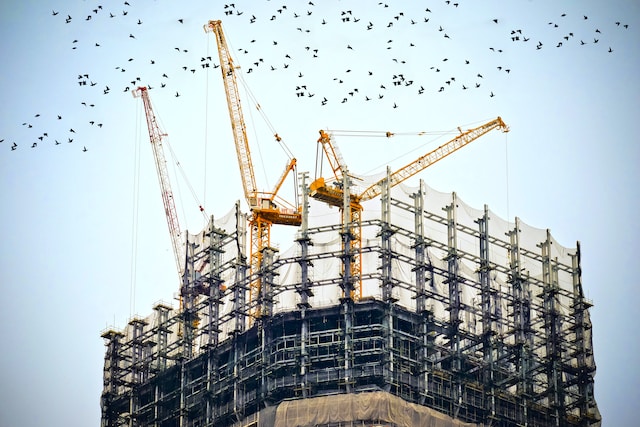In the present matter, the Complainant had booked an independent floor in the Developer’s housing project in 2011 and was assured possession delivery within 36 months and an extended grace period of 6 months. This time period ended in November 2015. Therefore, the Complainant sent a notice to the Developer, to which no reply was received.
The Complainant finally filed a complaint before the National Consumer Disputes Redressal Commission, alleging a deficiency in service by the Developer and prayed for the handover of possession of the unit alongwith 18% interest and compensation costs.
The Developer contended that the construction was delayed due to force majeure i.e. unforeseen circumstances beyond their control and should be condoned as per the agreement. It pointed out that Home Buyers defaulted on their installment payments, leading to a shortage of funds. The Complainant’s installment payments were delayed and the Developer had waived approximately Rs. 4.5 lakhs. Additionally, the project faced challenges with a High Tension Electricity line passing through the land taking unreasonable time to be made underground. Furthermore, the acquisition of land for the Dwarka Expressway was embroiled in legal issues, and despite a decade passing, HUDA failed to provide basic infrastructure like roads, sewer lines, water supply, and electricity, even though necessary deposits were made by the Developer and other builders. he Developer believes that any dispute should be resolved through arbitration, as specified in the agreement, and deems the current complaint as not maintainable. The Developer suggests that the complainant can file their grievance with HRERA, emphasizing that the complainant is not a consumer and owns another residential property and this purchase was for commercial purposes.
The Commission found no evidence to support such a claim and emphasized that merely owning one residential house does not automatically imply a commercial intent. It clarified that the Arbitration and Conciliation Act of 1996 does not exclude the jurisdiction of the Consumer Commission, and the complainant has the right to seek redressal from either forum.
Only in 2023, after the Developer has already collected over 95% of the payment from the buyers, did it file a writ for mandamus, compelling the government authorities to develop the necessary infrastructure. This situation goes beyond mere negligence and constitutes gross negligence.
The Commission concluded that the Developer has failed to finish the project, obtain the occupation certificate, or provide essential amenities for habitation. As a result, a refund is deemed necessary.


Recent Comments